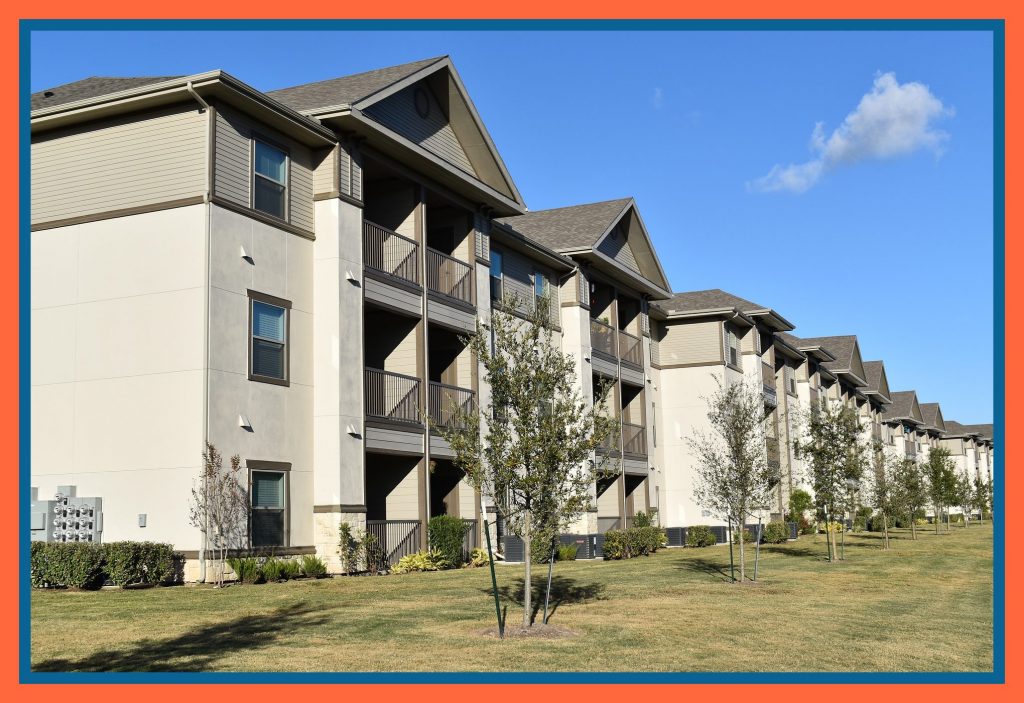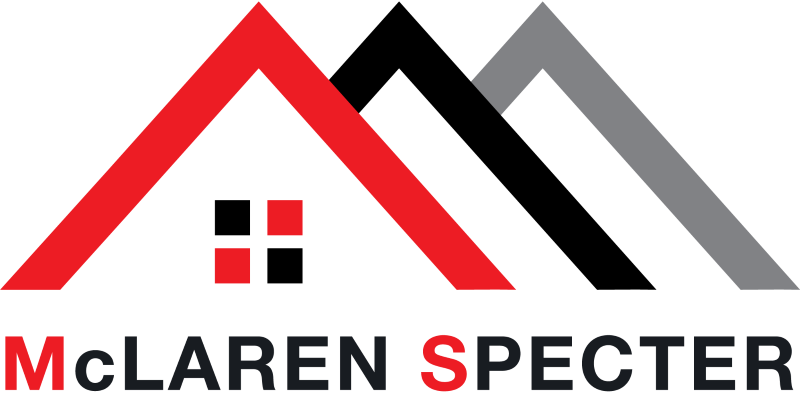How to Know Which Property Management Strategy is Right for You
Owning property is not just about having the money to invest. Management and regular maintenance is an important responsibility that comes with it. Luckily, there are ways to take care of the task according to your convenience. You can be a hands-on property owner or outsource the job to someone who is trained for it.
What Does Property Management Entail?
Tenant Management
The most prominent part of property management has to deal with tenants. It includes collecting the rent and establishing deadlines or sending out reminders to them. The property manager is also in charge of the lease agreements and updating them according to law. Finding tenants for the place is also something the property manager must do. They have to go through the requirements and screening procedures before letting the house, office space, or flat to someone.
Property managers are the ones who help new tenants move in, and they also have to oversee them moving out. It includes assessing damages and determining how much security deposit is due to be returned. They are the ones whom tenants are in contact with and forward their complaints or repair requests. The property manager is also in charge of eviction and preparing the necessary court documents or notices.

Maintenance Management
Property management requires managing the condition of the estate. The purpose is to keep the value of the space up and ensure the safety of your tenants. Insurance companies also set specific standards for the property. Maintenance can include general upkeep like mowing the lawn, keeping the area clean, and fixing loose tiles or plumbing leaks. The property manager is required to schedule inspections to make sure everything is up to code.
Finance Management
Property managers have to take care of the finances, which involves more than just taking care of the rent collection. They are the ones handling the mortgage payments and insurance fees, and taxes as well. They have to know how much money is coming in and going out for their own or the property owner’s records. For places where tenants are not liable to pay utilities or maintenance, the property manager also has to handle those.
All the duties listed above might seem like a heavy burden, but if you are not up to the task, other options are available to you. We have shortlisted the three common ways to manage a property.
Manage the Property Yourself
The property owner is responsible for all the finances, maintenance, and tenant-related jobs. They are in total control of the property and do not have to rely on another person for information. You are also the first one to be notified of problems or complaints. You can identify any issues immediately and not have to wait for information. You can find the solution and address it as soon as you think it is necessary.
However, since you are fulfilling all the roles, you have to be an expert at everything. You need to figure out how to prepare and file the taxes, resulting in inaccurate deductions. The lease agreement is a legal document, and a professional might add more clauses to protect the landlord in case of any trouble. The task can be overwhelming for one person, and you might have to learn from your mistakes.
This property management model is best for landlords who have a smaller property with fewer tenants. Or, if you are someone who has previous experience managing a property, you might not find it such a daunting task.
Outsource Some of the Jobs
The average landlord might like to retain control over their property but hire professional help for the more technical aspects. For example, you can outsource the legal matters to a lawyer who will take care of the lease agreements and make sure that they comply with the tenant laws. They will also be responsible for handling the eviction cases and delivering notices. Some managers will take the maintenance issues off your hands and take care of the required repairs and basic upkeep.
With a hybrid management model, the property owner can have more time to deal with other issues. They can also look for other investment opportunities because there are experts to deal with property matters. It is an excellent option for investors who have several buildings, flats, and houses. They can look after all of them without having to worry about anything. The only downside is that you have to find people you can trust and rely on them to be faithful to you.

Outsource the Entire Job
This type of property management strategy is for those who only want to profit from their investment and not deal with the daily management. If you only want to be the investor and not the manager, you can hire a real estate company or individual to deal with everything else. They are responsible for finding the tenant, screening them, and dealing with the rent collection. As the property owner, you will be free of the burden and not deal with tenants or complaints. Your only responsibility will be handling essential decisions such as evictions and approving repairs.
The cons to outsourcing property management are that it will reduce your net profit. You will have to pay them a salary, and it might be more expensive than you realized. It is also harder to trust someone with the entire business, especially if it is your primary source of income. Bad management can lead your property into ruin, so you need to be thorough when you are looking for a property manager for your building.
This outsourcing property management model is best for landlords who own properties in a different town or city, therefore, find it difficult to travel to the location for everyday maintenance. Landlords with several rental properties also cannot look after all of them and need to hire someone else for the job. Investors with diversified portfolios usually hand over the job to someone else.


